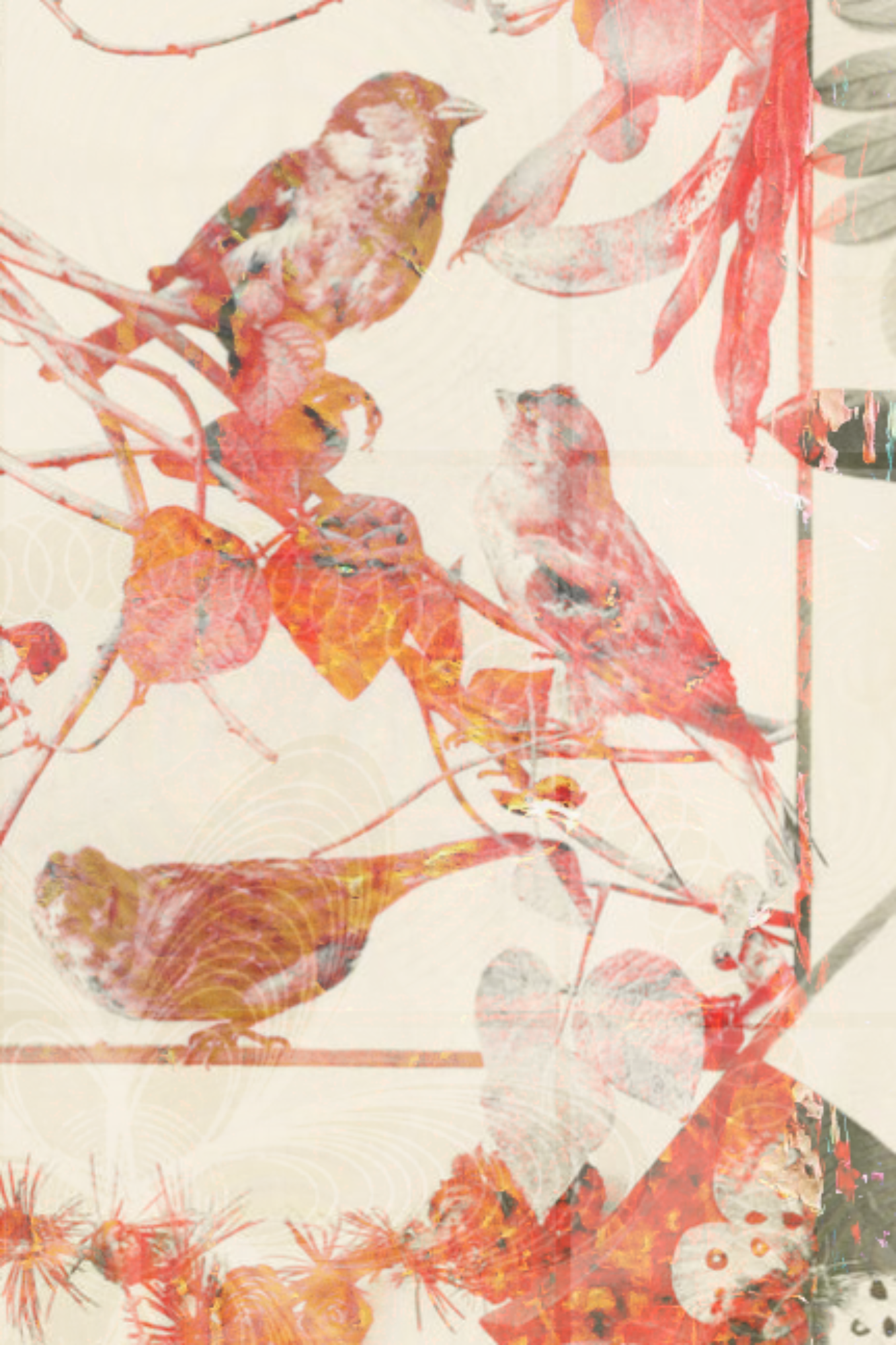Who are you hoping to reach with your work? Do you have a target audience? Who would you like to inspire?
I love words—their rhythm and beauty, but more their power. I write to make sense of things, remember things, express my awe, joy, fear, frustration. Of course, I hope others will be moved by my words, but the words are for me first. Stories tap at the back of my head, urging me to tell them. To save everyone I know from having to hear them over and over, I write them. Once the stories have made an exit through my words, I can let them go.
My audience is a moving target. It’s all about sharing, so each time I compose, I am working for those who share life experience with me. When I’ve written about my son’s addiction, I am offering hope to those living with the chaos and pain of addiction. My son survived. We survived. I want to encourage hope, even though the reality is devastating.
When I write about my children, I am sharing with parents and people who love children. The things I write remind me of the joyful, amazing, terrifying, surprising work parenting turned out to be—ultimately the best adventure ever. When I write about grief, I hope to support others in the midst of it. When I write something humorous, I hope to make others smile, and so on.
What tips would you give someone taking their first steps in creative work?
My Tips:
1. Trust yourself. Trust your inspiration. Trust your voice. You are enough and only you can share your stories.
2. Study. Read. Take classes. However that looks, be a student of your craft.
Write. Often, with or without routine—whatever works for you.
3. Join a writing group(s). Feedback is imperative.
4. Read Big Magic: Creative Living Beyond Fear by Elizabeth Gilbert. This book is a joyful celebration of creativity. It is fun and inspiring.
5. On bad days (and good days), read Martha Graham’s quote:
“There is a vitality, a life force, a quickening that is translated through you into action, and there is only one of you in all time, this expression is unique, and if you block it, it will never exist through any other medium; and be lost. The world will not have it. It is not your business to determine how good it is, not how it compares with other expression. It is your business to keep it yours clearly and directly, to keep the channel open. You do not even have to believe in yourself or your work. You have to keep open and aware directly to the urges that motivate you. Keep the channel open. No artist is pleased. There is no satisfaction whatsoever at any time. There is only a queer, divine dissatisfaction, a blessed unrest that keeps us marching and makes us more alive than the others.”
― Martha Graham, “Dancer of the Century,” Time Magazine; considered one
of the female “Icons of the Century,” People.
Give us some background on the piece you contributed to this issue.

“A Moment at Memorial Field” is creative nonfiction inspired by this picture of my son Cole (taller) and his friend Wyatt. This piece began as a poem, inspired by a prompt from a generative poetry course offered by Author’s Publish. The prompt asked that we write about what could not be seen in a picture. The poem did not feel right, so I decided to rewrite it as a prose piece.
I felt compelled to write in 3rd person. This is my story. I am the “first” person. But as I looked at this pic, I was struck by how our boys could be any boys, so rich with potential and energy. I could not imagine how time would twist their lives.
In his early twenties, my son went through a period of about four years during which he struggled with drug addiction—the familiar story of injury, addiction to opioids advancing to fentanyl. (We are so grateful he is alive and over two years clean now.) During his struggle, many friends understandably distanced themselves. Among those was Wyatt—Wyatt who had a smile like sunshine, who lit up a room when he entered, who was fun and clever and smart. Everybody loved Wyatt.
Unfortunately, before my son got clean, Wyatt was killed in an accident. It was devastating. Hundreds of people attended his memorial, including us. Our son never spoke of his falling out with Wyatt until after he was clean, saying one of his deepest regrets is never having had the chance to make it right with Wyatt.
This broke my heart, so when I came across the pic of those two as high school baseball players, I was compelled to write. I think it was something I had to do to help my own healing. Everyone who loves an addict suffers, and should the addict survive and recover, everyone needs to heal. It is not easy. In the midst of Cole’s addiction, my husband and I read like crazy to try to help him. Afterward, somehow I have relied more on myself and writing to heal. Perhaps that is foolish but it is what it is. This piece, “A Moment at Memorial Field,” is twofold healing in that it honors Wyatt, whose loss I feel deeply, and celebrates (though subtly) my son’s recovery.
It was hard, necessary writing.

Annette L. Brown is a mother, wife, friend, retired teacher, who lives on an almond farm in Central California where she enjoys spending time with people she loves. She is grateful for the support of The Taste Life Twice Writers and The Light Makers’ Society. Annette has pieces reflecting her appreciation of nature, family, beauty, and humor in several publications including Cathexis Northwest Press, Last Stanza Poetry, Flash Fiction Magazine, Every Day Fiction, and several Personal Story Publishing Project anthologies.

